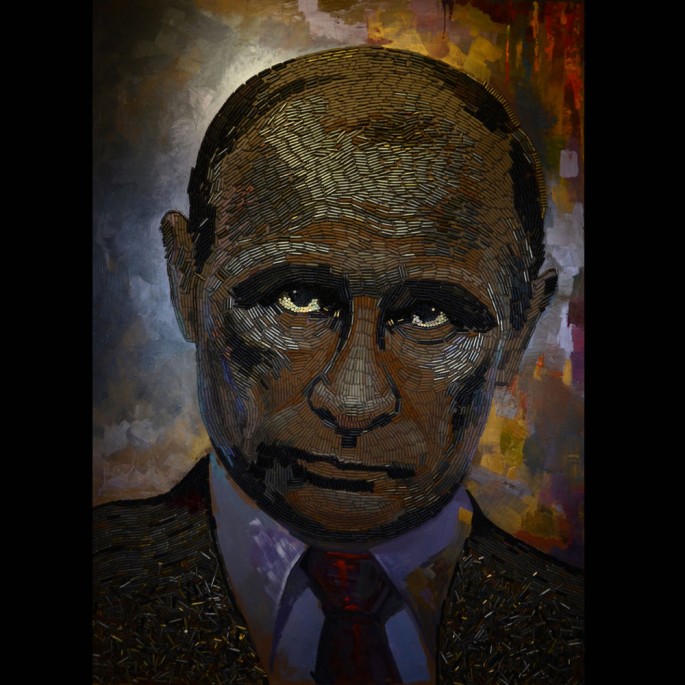The U.S. military is trying to counter Russia's global campaign that uses social media to manipulate the American public and decision makers into taking actions advantageous to Russia.
Russia's "social media warfare" has already had some successes against the United States, said the "Russia New Generation Warfare Study" published by the U.S. Army. The study is a detailed look at current and future Russian warfare technology, mostly based on the experience of the Ukrainian Army fighting the Russian Army and its rebel allies in eastern Ukraine.
Russia's New Generation Warfare is a new type of warfare that targets "Western weaknesses, not strengths. New-generation warfare differs from Western views of hybrid conflict in that it combines both low-end, hidden state involvement with high-end, direct, even braggadocio superpower involvement."
One significant aspect of Russia's new generation warfare doesn't involve advanced technology but is having a demoralizing influence on the U.S. public and top government leaders, said the Army. This new generation battleground is social media, specifically Facebook.
Russian efforts to infiltrate social media to sow misinformation and discord are having an effect, claims Peter Singer, a strategist at New America, a Washington D.C. think tank. Singer cited polls showing Americans are less certain about whether to view Russian President Vladimir Putin as friend or foe as proof of Russia's new generation warfare in social media.
"It's now playing out in the presidential campaign," Singer said. "(Russians are) either trying to appear as fans of a particular political candidate and get more attention, or they appear as fans of a political candidate and do something awful. The goal in all of this is not to make people love Russia, to love Putin. It is, simply put, classic information warfare to disrupt and create distrust."
For the U.S. military, this aggressive, multi-platform information warfare can delay decision-making while planners sort out the facts amid widespread deception.
"On the information side, it really does pose a tactical-operational-strategic conundrum for us," said Brig. Gen. Peter Jones, commandant of the United States Army Infantry School at Fort Benning, Georgia.
Ambiguity of Russian actions and motives can also influence or thwart higher-level policy decisions, said Jones.
"It affects our ability, what we're calling speed of assembly, not just in terms of conventional forces, but political will to do something with them," he said.
"So the information environment is internal to the Russian population and truly, given the billions of dollars they're spending, is targeted to provide ambiguity and dissension."
Singer said countermeasure can begin with getting wise to the scope of the problem, on the civilian and strategic side.
"We've got to be more resilient to it," he said. "The best way to avoid being manipulated is to understand that you are being manipulated."




























